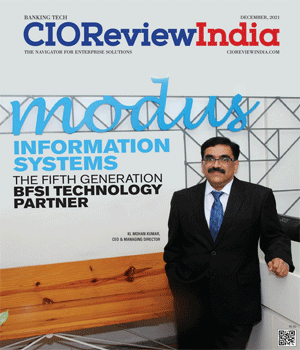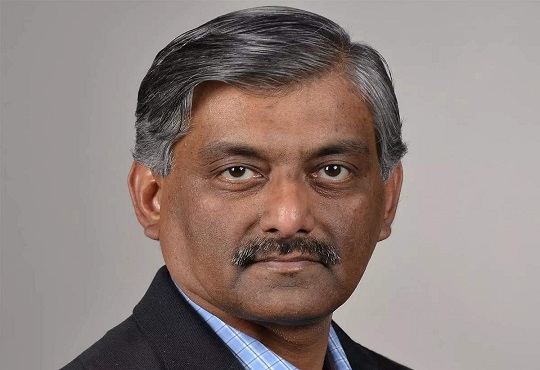
The Future of Wealth Management
Kanwar Vivek, Senior President-Head Wealth Management, YES Bank | Wednesday, 11 October 2017, 05:14 IST
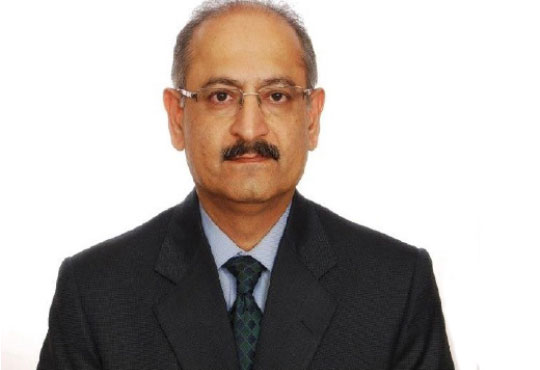 In the late 1990s and early 2000s, when the internet was just beginning to take over, most people relied on physical statements in the mail. Today, we have interactive web portals that can be viewed on a computer, laptop, desktop, smartphones, or tablets that present a live update on exactly where all of our investments stand.
In the late 1990s and early 2000s, when the internet was just beginning to take over, most people relied on physical statements in the mail. Today, we have interactive web portals that can be viewed on a computer, laptop, desktop, smartphones, or tablets that present a live update on exactly where all of our investments stand.
Even wealth management is working on digitalisation and once the process is digitized, all the information will flow smoothly and directly to clients. There will be no need for updates when the technology keeps the numbers updated 24 hours a day, 7 days a week and 365 days a year.
This transition will make life a lot easier for many of us; many wealth management firms spend an inordinate amount of time in collecting, arranging and updating client information. It is a waste of time that is becoming obsolete. Digitization will completely transform how we deliver advice and engage clients. It is going to change us from reactive to proactive.
Software and applications will do the continuous monitoring, which will alert the adviser when a client needs to be engaged. This shift will be remarkable not just for adviser but also for clients, enabling real time update on their status of achieving their goals, cash flows, spending and recommendations. Real time alerts will be sent such as: You need to get control of your spending. You need to trim your restaurant budget a little bit. You need to save more to achieve property buying goal.
Think of a client who has a goal of taking a vacation to South Africa that year, and the moment the goal is nearby, the system searches for the good deals on flight, stay or travel agency and recommends to client. Even think of a client whose child’s marriage is approaching, again the system will search and recommend good wedding planners, deals on wedding halls etc. These transformations will lead to – being a one stop solution provider to the client’s life need and not just financial needs. Yes!! It’s POWERFUL.
In August 2015, 1 billion people logged on to Facebook; almost one-seventh of the planet used Facebook that day. Why are Google and Facebook excited to do things like float hot air balloons to circulate internet access to remote parts of the world? They are deeply concerned about running out of new human beings to serve. When 14 percent of the planet is reached in the first 10 years of a business, it is running out of potential customers very quickly. But for wealth management industry we have barely begun the technological transition.
Most of us in the industry have been in the business of dispensing expert information. But now anybody can get expert information for free (without debating on its authenticity) and hence, there will be a transition in a role of a wealth manager. Dispensing expert information is not going to be enough in the future. We are going to have to help people implement it and help them with behavioural change. Our role is going to shift from someone who dispenses expert information to someone who is more like a coach, or a navigator.
Forty years ago, wealth advisers were stockbrokers and literally sold stocks and other securities for a living. Then, discount brokerage firms used technology to sell stocks more cheaply and undermined the value of being a stockbroker. By the 1980s and 1990s, advisers were being driven out of stock brokering and began to sell mutual funds instead. In 21st century, online mutual fund superstores came along, so we became asset allocators and developed diversified portfolios by offering Structured Products, Risk Management Solutions, to Portfolio Management Services (PMS).
Now, robo-advisers are arriving to do that. We have to transit again. Each of these transition events has led us to deliver a higher value in the end. Picking mutual funds was a higher value than selling stocks. Asset allocation was more valuable than fund picking. Goal based long term advising, which includes wider and customised products will be more valuable than plain asset allocation. And technology will continue to improve our services at every step along the way.
In the end, technology and transition to the digital age is not a threat that will eliminate financial advisers. We need to keep pace with the technology to ensure we remain ahead of the curve.
CIO Viewpoint
Machine Learning In Cybersecurity: The Risks &...
By Neelesh Kripalani, Chief Technology Officer, Clover Infotech
5 Major Saas Trends To Check-Out In 2021
By Vikas Bhonsle, CEO, Crayon Software Experts India
Artificial Intelligence & The Disruptive Chatbot
By Vishal Sinha, President & CIO, Tranzlease Holdings
CXO Insights
Crafting the Digital Journey in Banking
By Janifha Evangeline
Incorporating Blockchain Capabilities into...


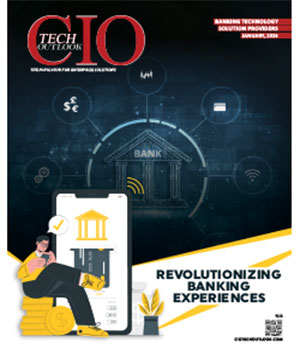
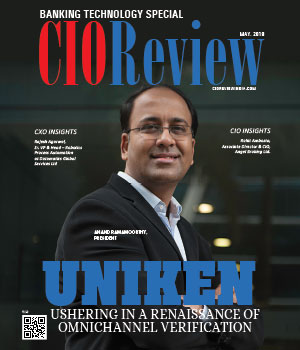
.jpg)
.jpg)
